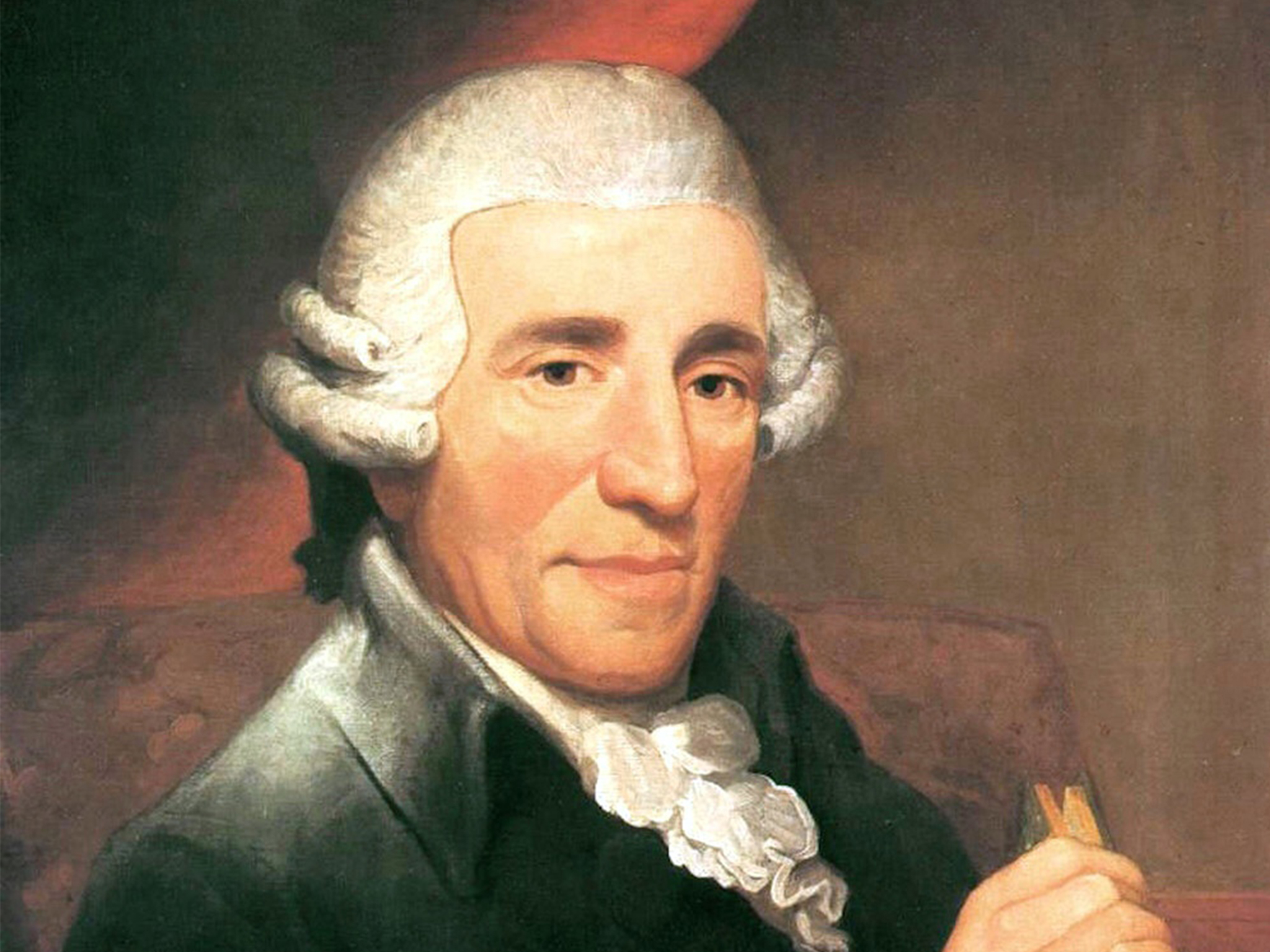
Top 10 Haydn Songs
Joseph Haydn, often hailed as the “Father of the Symphony” and “Father of the String Quartet,” made a profound impact on the Classical era. His[…]
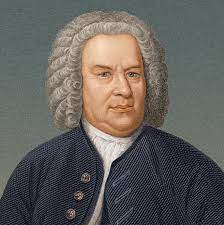
Top 10 Bach Songs
Johann Sebastian Bach (1685-1750) stands as one of the most celebrated composers in the Western classical tradition. His work, characterized by intricate counterpoint and profound[…]
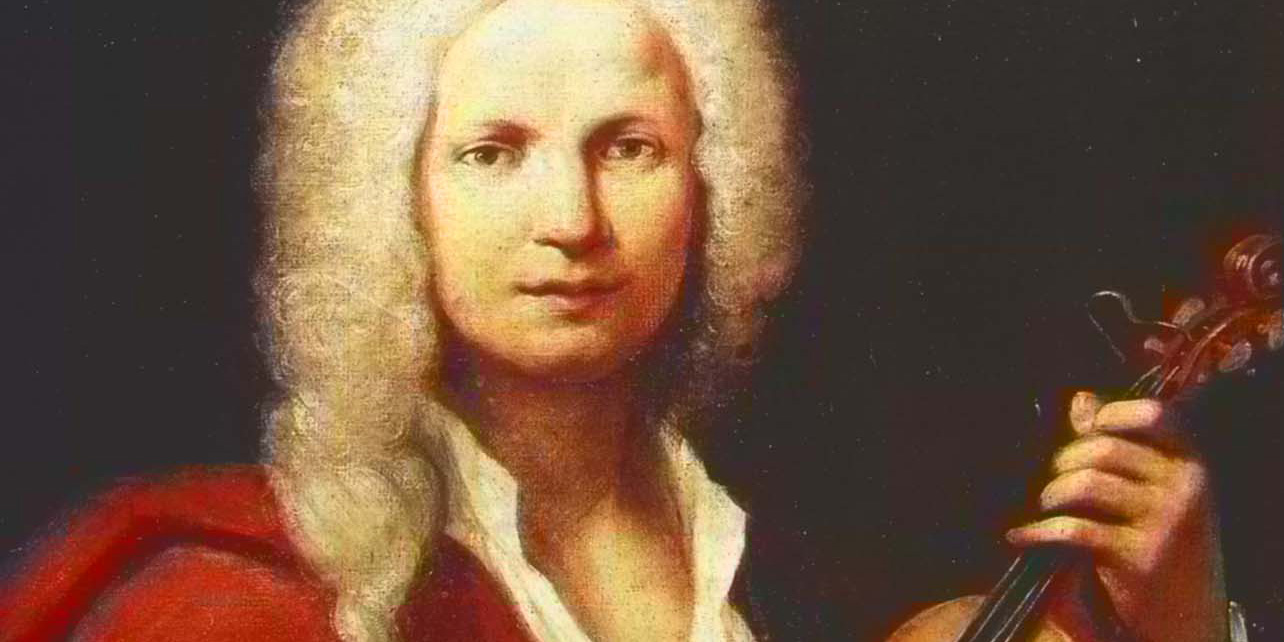
Top 10 Vivaldi Songs
Antonio Vivaldi (1678–1741), the prolific Baroque composer and virtuoso violinist, left a profound legacy in the world of classical music with his vibrant and evocative[…]
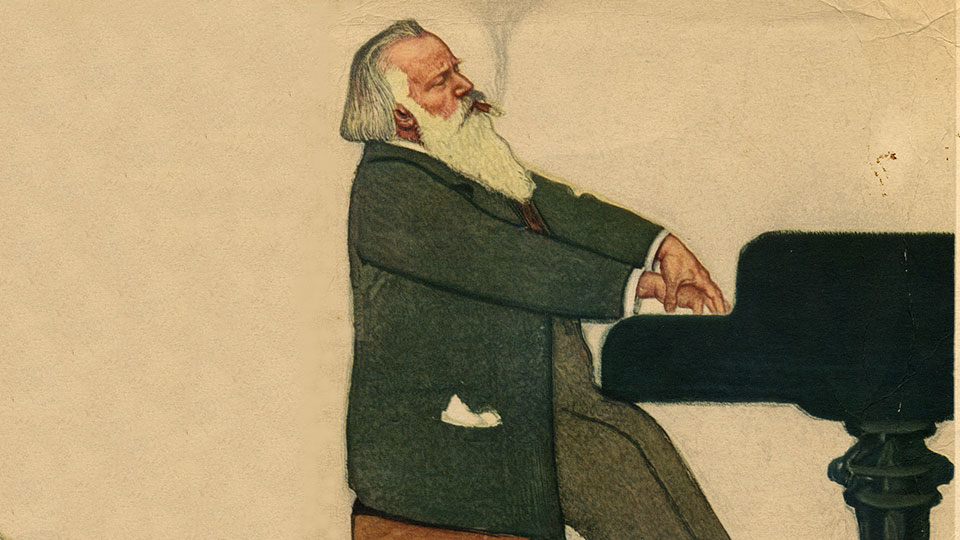
Top 10 Brahms Songs
Johannes Brahms (1833–1897) stands as one of the towering figures in classical music, celebrated for his deep, complex compositions that marry technical mastery with profound[…]
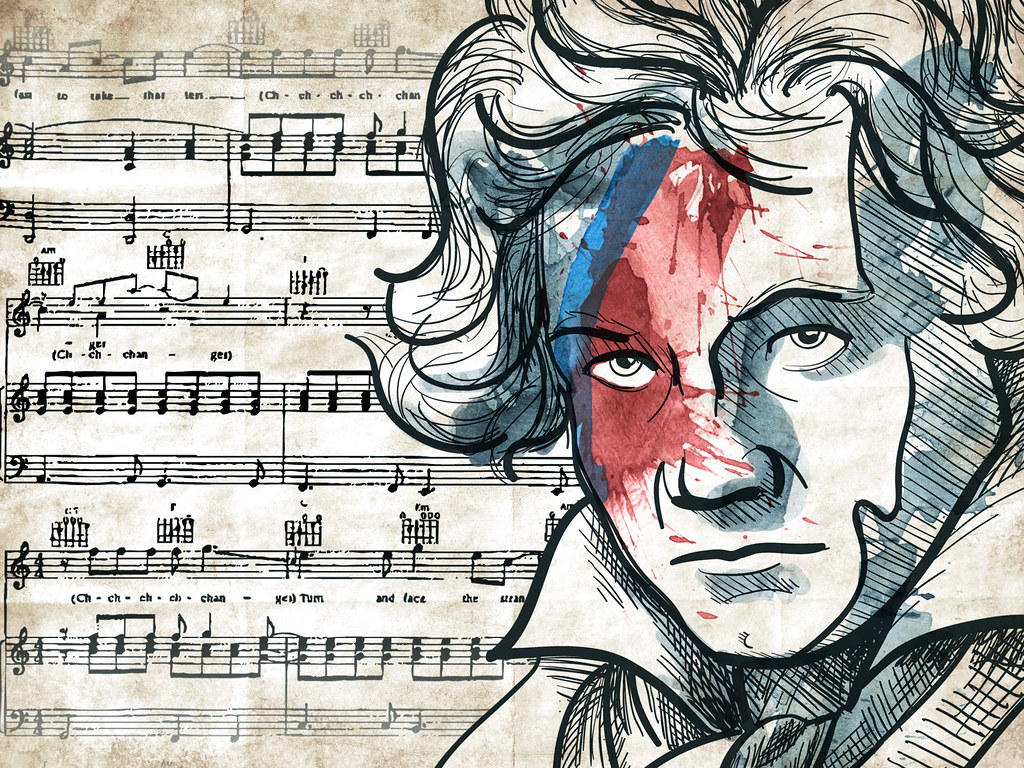
Top 10 Beethoven Songs
Ludwig van Beethoven, one of the most influential composers in Western music, bridged the Classical and Romantic eras with his innovative compositions. His works are[…]
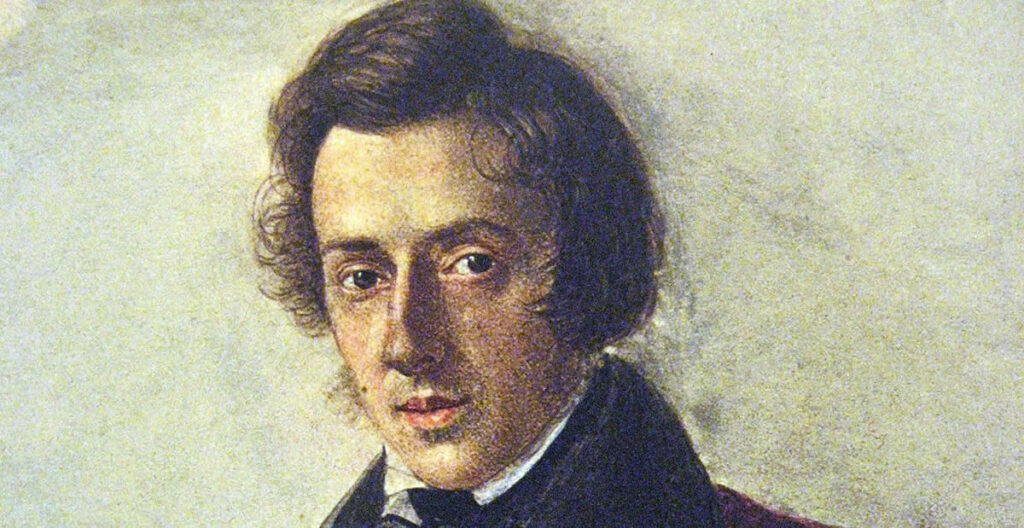
Top 10 Chopin Songs
Frédéric Chopin, the Polish composer and virtuoso pianist, is celebrated for his profound contribution to piano music. His compositions are characterized by poetic expressiveness, technical[…]
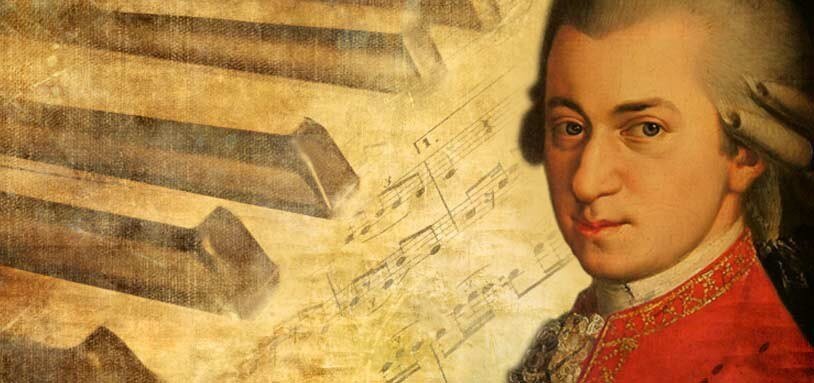
Top 10 Mozart Songs
Wolfgang Amadeus Mozart (1756-1791), a prolific and influential composer of the Classical era, is celebrated for his exceptional ability to blend beauty, complexity, and clarity[…]
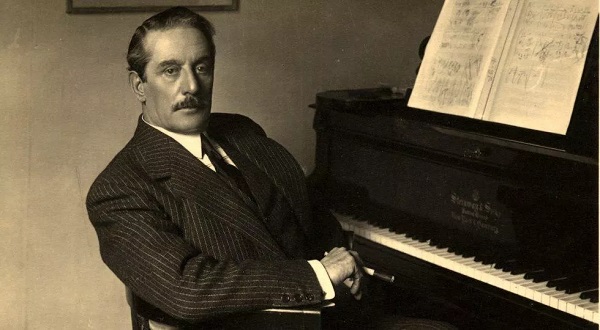
Giacomo Puccini – Biography and History
Giacomo Antonio Domenico Michele Secondo Maria Puccini was born on December 22, 1858, in Lucca, Tuscany, Italy. He hailed from a musical lineage; his family[…]
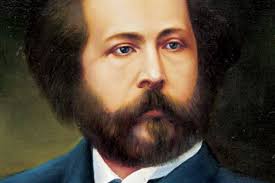
Édouard Lalo – Biography and History
Édouard-Victoire-Antoine Lalo was born on January 27, 1823, in Lille, France. A prominent composer of the Romantic era, Lalo is celebrated for his distinctive compositions[…]
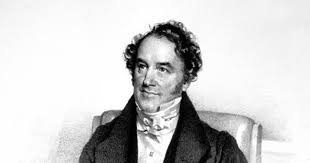
Conradin Kreutzer – Biography and History
Conradin Kreutzer, born on November 22, 1780, in Meßkirch, a small town in the Swabian region of Germany, emerged as a prominent composer and conductor[…]